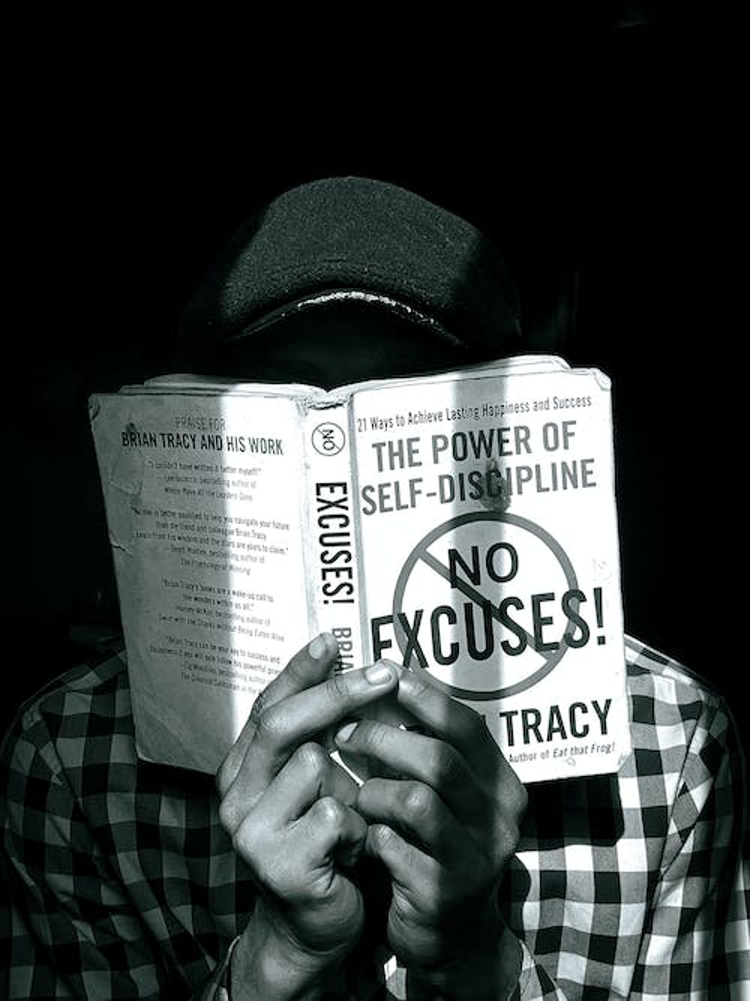
Image Source: Pexels
In the world of safety, success isn't always easy to come by. Despite our best efforts, accidents happen, and mistakes are made. But what if I told you that the key to achieving safety success isn't in avoiding failure altogether, but in learning from it? That's right, embracing failure and using it as a tool for growth and improvement can be the key to achieving long-term safety success.
Common misconceptions about failure
Many people view failure as a negative experience that should be avoided at all costs. This is a common misconception that can hold us back from achieving our goals. Failure is not a sign of weakness, but rather an opportunity for growth and development. It's important to remember that some of the greatest successes in history have come from failure. Thomas Edison failed over 1,000 times before inventing the lightbulb, and Michael Jordan missed more than 9,000 shots over the course of his career. These failures didn't stop them from achieving greatness, but rather propelled them forward.
Benefits of learning from failure
Learning from failure can have countless benefits, both personally and professionally. When we fail, we are forced to take a step back and reassess our approach. This allows us to identify areas where we can improve and make adjustments for future success. Failure also helps us develop resilience and perseverance, two qualities that are essential for achieving long-term success. By learning from our failures, we can build our confidence and become more resilient in the face of adversity.
Examples of successful people who learned from failure
As mentioned earlier, some of the most successful people in history have experienced failure. Steve Jobs was fired from Apple, the company he founded, before eventually returning and turning it into one of the most successful companies in the world. J.K. Rowling was rejected by multiple publishers before finally getting her Harry Potter series published, which went on to become a global phenomenon. These individuals didn't let their failures define them or hold them back, but instead used them as a learning opportunity and ultimately achieved great success.
The science behind learning from failure
There is scientific evidence to support the idea that failure can be a powerful tool for growth and development. When we experience failure, our brains release a chemical called dopamine, which is associated with motivation and reward. This can help us stay focused and motivated to try again. Additionally, when we learn from our failures, our brains create new neural pathways, which can improve our problem-solving skills and overall cognitive function.
Strategies for embracing failure and learning from it
So, how can we embrace failure and use it as a tool for growth and development? The first step is to shift our mindset and view failure as an opportunity for growth, rather than a negative experience. It's also important to take responsibility for our failures and not blame external factors. This allows us to identify areas where we can improve and make necessary changes. Additionally, it can be helpful to seek feedback from others and learn from their perspectives. Finally, it's important to stay persistent and not give up after experiencing failure. Success is often the result of perseverance and resilience.
How to turn failure into a positive experience
Turning failure into a positive experience requires a shift in mindset and a willingness to learn and grow. One strategy is to reflect on the experience and identify what went wrong and why. This can help us identify areas where we can improve and make necessary changes. It's also important to focus on the positives and what we learned from the experience, rather than dwelling on the negatives. Finally, it's important to use the experience as motivation to try again and not give up on our goals.
The role of failure in long-term success and happiness
Learning from failure is not just important for achieving short-term goals, but also for long-term success and happiness. By embracing failure and using it as a tool for growth and development, we can develop resilience, perseverance, and problem-solving skills that will serve us well throughout our lives. Additionally, by learning from our failures, we can avoid making the same mistakes in the future and ultimately achieve greater success and happiness.
Final Thoughts
In conclusion, learning from failure is essential for achieving long-term safety success, as well as success and happiness in all areas of our lives. By embracing failure and using it as a tool for growth and development, we can build resilience, perseverance, and problem-solving skills that will serve us well throughout our lives. So, the next time you experience failure, don't view it as a negative experience, but rather as an opportunity to learn and grow.